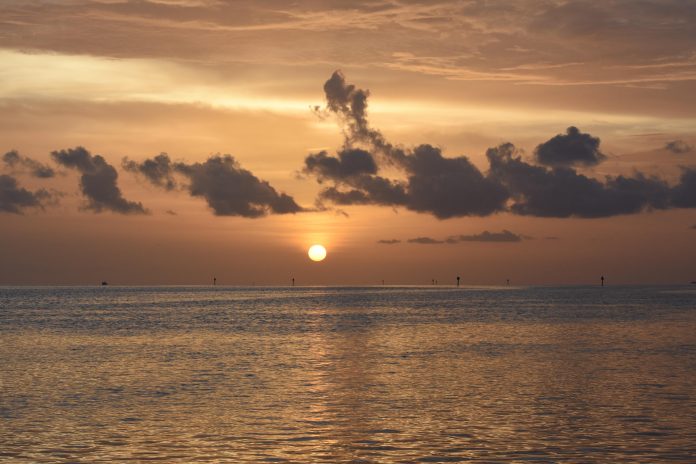
Abby McHenry
The Sunshine Protection Act was proposed to Florida in March to stay on Daylight Savings Time year-round and has not yet received congressional approval despite winning the state vote.
The act won 33-2 in the Senate and 103-11 in the House, and it has a considerable amount of public support as well, according to The New York Times.
There are many people who disagree with opting out of standard time in Florida.
“…it would cause a lot of confusion to everyone who does not live in Florida,” sophomore Eric Martinez, who opposes the legislation said, “Tourists who not only come from outside the country, but also states around us would have to worry about the different time variations before coming to Florida.”
Some other opponents to year-round Daylight Savings Time include farmers—the ones who are commonly believed to have started Daylight Savings Time, a falsehood. Daylight Savings Time actually disrupts the farmers’ schedules, and they were initially the strongest lobbyists against the change.
“Many other smaller interest groups have joined,” Michael Downing, a lecturer at Tufts University, said. This includes religious groups who pray at sunrise and parents who have complained about their children walking to school or waiting for the bus in the dark.
“…being a student and having it get darker sooner really cuts down on the things I can do,” sophomore Rebecca Bray said. “For example, I’m not going to walk around the lake if it’s not light outside.” The federal government controls the nation’s time zones, and although certain states have chosen to opt out of Daylight Savings Time (Hawaii and Arizona), there is nothing in the federal law that allows opting out of standard time year-round.
Many people argue that Daylight Savings Time is better than standard because it saves energy, according to a study done at Stanford University. People do not need to use their lights as much in the evening when there is more sunlight. Daylight Savings Time can also reduce accidents because people are less likely to be driving in the dark.
Daylight Savings Time was suggested by Benjamin Franklin in 1784, with the idea to conserve candle wax, according to an essay called “An Economical Project for Diminishing the Cost of Light,” and later advocated by London builder William Willett. Daylight Savings Time was not adopted as a law in the United States until 1918, towards the end of World War I to conserve energy.
Although proponents of year-round Daylight Savings Time have argued there might be a decrease in traffic accidents (click to see more), Mayor Bill de Blasio of New York warned drivers to be careful in the darker morning commute, which he called “a serious danger.” In case of accidents, the motorcycle accident lawyers can help with the legalities of the issue.
For producers of goods and services, Daylight Savings Time could lead to more profit. People are more likely to leave their homes when there is more sunlight.
Daylight Savings Time ended on Nov. 4, switching the United States back an hour.
If the Sunshine Act passes, Florida will no longer experience those time jumps.







